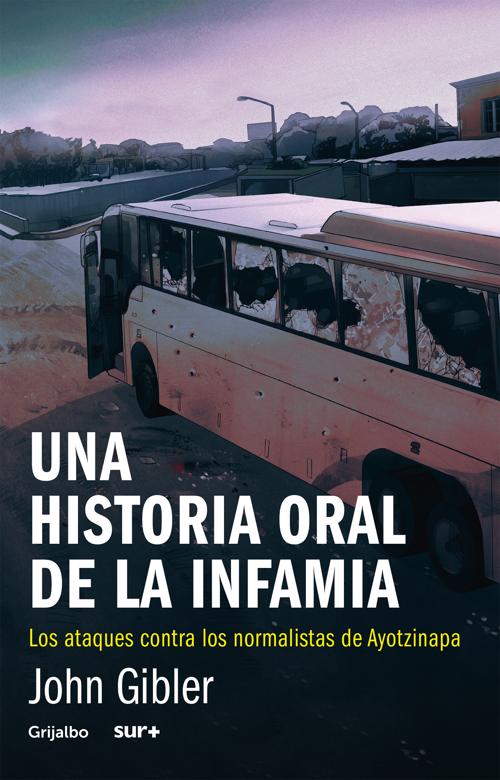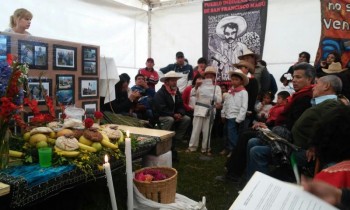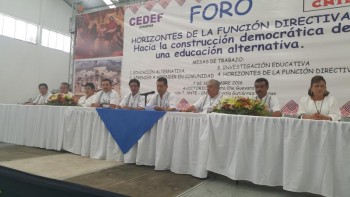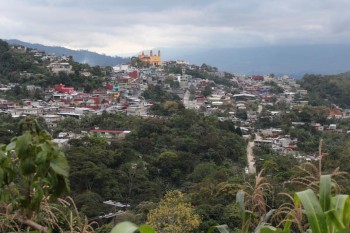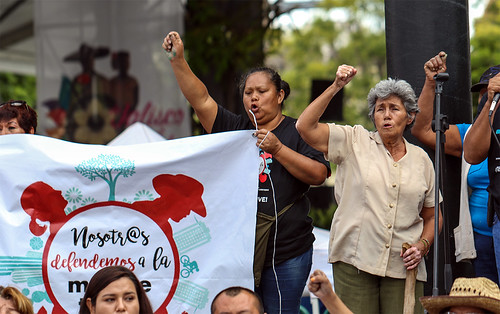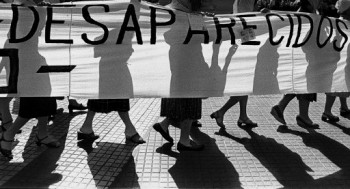
Temas

Organizaciones: Gobierno Federal debe prevenir y castigar la tortura a través del Mecanismo contra la tortura sexual.
Hoy se cumple el primer aniversario de la instalación oficial del Mecanismo de Seguimiento de Casos de Tortura Sexual cometida contra Mujeres, compromiso que adquirió la Comisión Nacional para Prevenir y Erradicar la Violencia contra las Mujeres (CONAVIM) en 2015 ante la Comisión Interamericana de Derechos Humanos (CIDH) en la audiencia temática sobre tortura sexual en México.
Durante la audiencia, las organizaciones firmantes mostramos nuestra preocupación sobre esta terrible práctica en el país. De acuerdo a la información recabada, con frecuencia, cuando existen detenciones de hombres y mujeres, las mujeres suelen ser víctimas de diversas formas de violencia sexual usada como tortura, la violencia ejercida contra las mujeres va desde los abusos psicológicos, amenazas de violación contra ellas o sus familiares hasta el abuso sexual propiamente dicho.
En su informe “Sobrevivir a la muerte”, Amnistía Internacional entrevistó a 100 mujeres mexicanas que reportaron haber sido víctimas de tortura y malos tratos a manos de miembros de la policía y fuerzas armadas del país, concluyendo que en México la violencia sexual usada como tortura parece haberse convertido en parte habitual de los interrogatorios.
A un año de la instalación del Mecanismo éste ha fallado en dar seguimiento a la documentación de casos que recibieron de la campaña “Rompiendo el silencio: Todas juntas contra la tortura sexual”, y por lo tanto, a la posibilidad de emitir un dictamen conjunto con recomendaciones sobre cada uno de los casos revisados ha quedado sólo en papel, y con ello, la posibilidad de garantizar el acceso a la justicia a las sobrevivientes de tortura en el país.

Presentación de “Una historia oral de la infamia” de John Gibler – 14 septiembre
AYOTZINAPA EN LA MEMORIA
Dos años de dolores, ausencias, injusticia y burlas
también de rabia, memoria, dignidad y lucha.
Como una forma de combatir el olvido, de mantener la memoria
invitamos:
Una historia oral de la infamia
Presentación del libro de John Gibler
14 de septiembre de 2016
18:00 hrs.
Carmona y Valle 32, Colonia Doctores, Ciudad de México
(Estación del metro y metrobús Cuahtémoc)
Invita:
Red Contra la Represión y por la Solidaridad
(RvsR)
